Nina Kraviz in conversation with James Murphy: Same same but different
Nina Kraviz and James Murphy have far more in common than you might think.
It’s true that their work is centred around making people move, but as we know, the genres and conventions of dance music are often rigidly policed and defined. Kraviz and Murphy have both built their extensive careers by bucking trends, crossing borders and furrowing their own distinctive paths.
The трип boss and the LCD Soundsystem frontman recently shared the stage for the first time at Queens’ Knockdown Center. Checking in a week later, the pair draw on their shared experience at the vanguard to discuss the etymology of techno, the troubles with being true to yourself and to ask the age-old question: what makes a truly great party?
Crack: You played together last weekend. As you both come from somewhat different corners of the dance music world, is that something you considered or did it seem natural?
JM: I don’t know where I fit in the world anymore. As a DJ there was a period of time where I was a part of a group of people who were coming up together. But now I don’t know where I fit at all.
A long time ago someone said to me that you [Nina] wanted to do a set together and I thought that could be fun. I mean, I started DJing by playing rock records at techno clubs and being threatened for my life, but I was on a lot of ecstasy so it seemed fun. I started asking people questions about you because that’s really the only real way to get information. You don’t Google because you don’t learn anything about people, you just learn bullshit. One of my friends said they really liked that you got more and more successful but never played shit. You know what I mean? Never played just dummy music or something.
I also liked that it was interesting to people. I could play with some other middle-age white dudes with beards but that’s fucking what I do all the time. [laughs] My life is going around with guys like, ‘Oh, which pressing is that?’ So not being around some guy my age was fun.


© Devin Blaskovich
Crack: Nina, do you have a lot of experience with disco and house as well?
NK: Yes. There was a time where I used to play disco mixed with funk and techno all together. That’s actually how I started my DJ side. The only thing that firmly stayed was acid. All the types of acid, from rock to techno. I also used to play 7-inches and scream in the microphone. But it didn’t last.
Coming back to James’ set, I loved it. Normally I would be the person travelling with records but this time [I travelled from] the Coachella live gig and I didn’t have enough space to carry everything.
Crack: It’s easy for James living in Brooklyn.
JM: Yeah – I rode a bike here!
NK: I know, but it looks so sexy to have a bunch of records. [James] does it very similar to myself. I would also get everything out on a table.

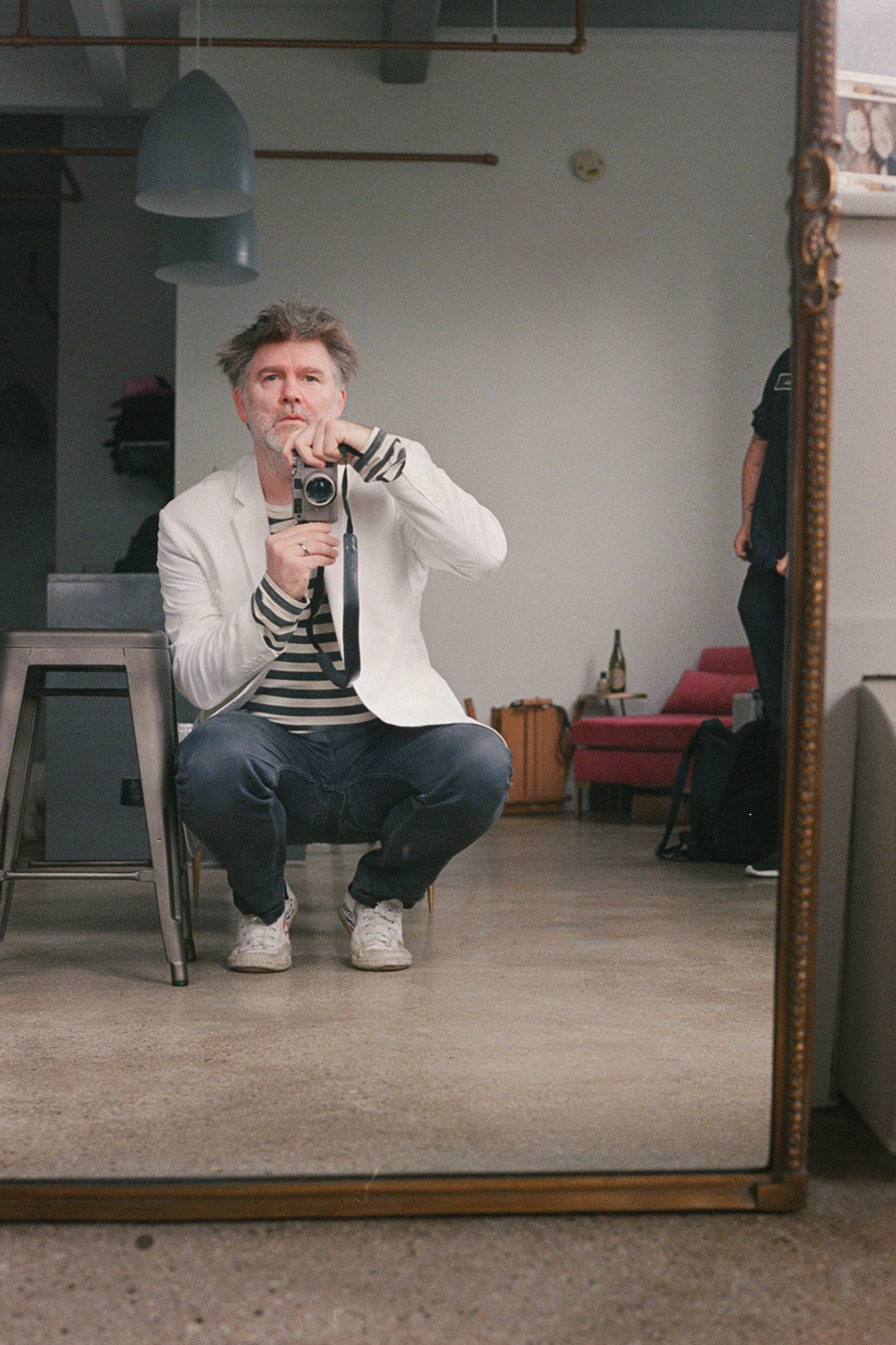
Crack: Is there something you’d like to see more of on dancefloors today?
NK: Yeah, generally I just wish people were more into the emotional side of music, regardless of genre, BPM, approach. There’s not much room for expansion, for emotion. There’s a lot of room for energy or drive.
JM: People are kind of addicted to the adrenaline rush.
NK: Which is good, I like it. It’s almost like sex, for example. You can have this romantic way of making love and then you can have this ape way of doing the same things. It’s still the same thing, just a different approach. There’s room for every approach.
It’s always inspiring to see other types of the same thing. Like techno – yes. What is techno? To one festival it’s one thing and then you take a two-hour flight to a different part of Europe, or even in the same country at a different club, and it’s still techno, but the approach is completely different. You can sense it immediately… Have you ever played something that made someone really upset?
JM: Oh yeah! I got threatened! I’m serious. I was in punk bands and then I would go dancing because I found ecstasy. I would go, ‘Man, if someone dropped Loose by The Stooges right now this place would go crazy!’ Then I started DJing and I’d do that. I thought it would go really great and it didn’t. People would try to kill me.


© Devin Blaskovich
NK: Did it bother you?
JM: No! ‘Cause it’s such a great song. People would just be running at me like, ‘What the fuck are you doing?!’ I would clear dancefloors at festivals, on purpose sort of, at the peak of super bro EDM when all it was was just people staring at you waiting for a big explosion. All people were doing was just peak, peak, peak. They’re not engaged emotionally. They’re not even really amped. As a DJ you’re just like, ‘I’m doing something exciting!’ and they’re like, ‘you’re doing something exciting!’
NK: This is exactly what I’m talking about – a lack of emotions in sets.
JM: I do think that’s changed but I also feel like my friends and myself were part of the problem at the time – being too exciting. For a period of time people weren’t coming to see me DJ only for music. I was notoriously diving into the audience and doing too many drugs. It was about just seeing what was going to happen. Like playing the same record three times, which is something I used to do. Pick up the needle, blow it off and play it again because I liked it so much.
– Nina Kraviz
Crack: Nina, have you ever done anything like that?
NK: Well… I could get really wild. When the music kicks it’s just like, ‘Ahh!’ But when it comes to what I’m doing I don’t like to piss people off. Even if I see that people are angry and they think that I don’t play techno music. They say, ‘Give us some techno!’ and I’m like, ‘But I just did!’
JM: We call them Play Harder Bros. The bros that come up and yell at you to play harder.
NK: Like when I dropped a hardcore record and people say, ‘Oh you don’t play techno.’ I think it is. It’s all techno. There’s a really weird moment of identity in music at the moment. As someone who has an idea of those bridges between genres, for me everything is a consecutive phase of a whole. It’s like a palette of colours. Everything in music has influenced each other.
JM: It’s like language. Things have roots. If you speak Danish there’s a bit of Germanic stuff.
NK: Exactly. English is like full on French, you know.
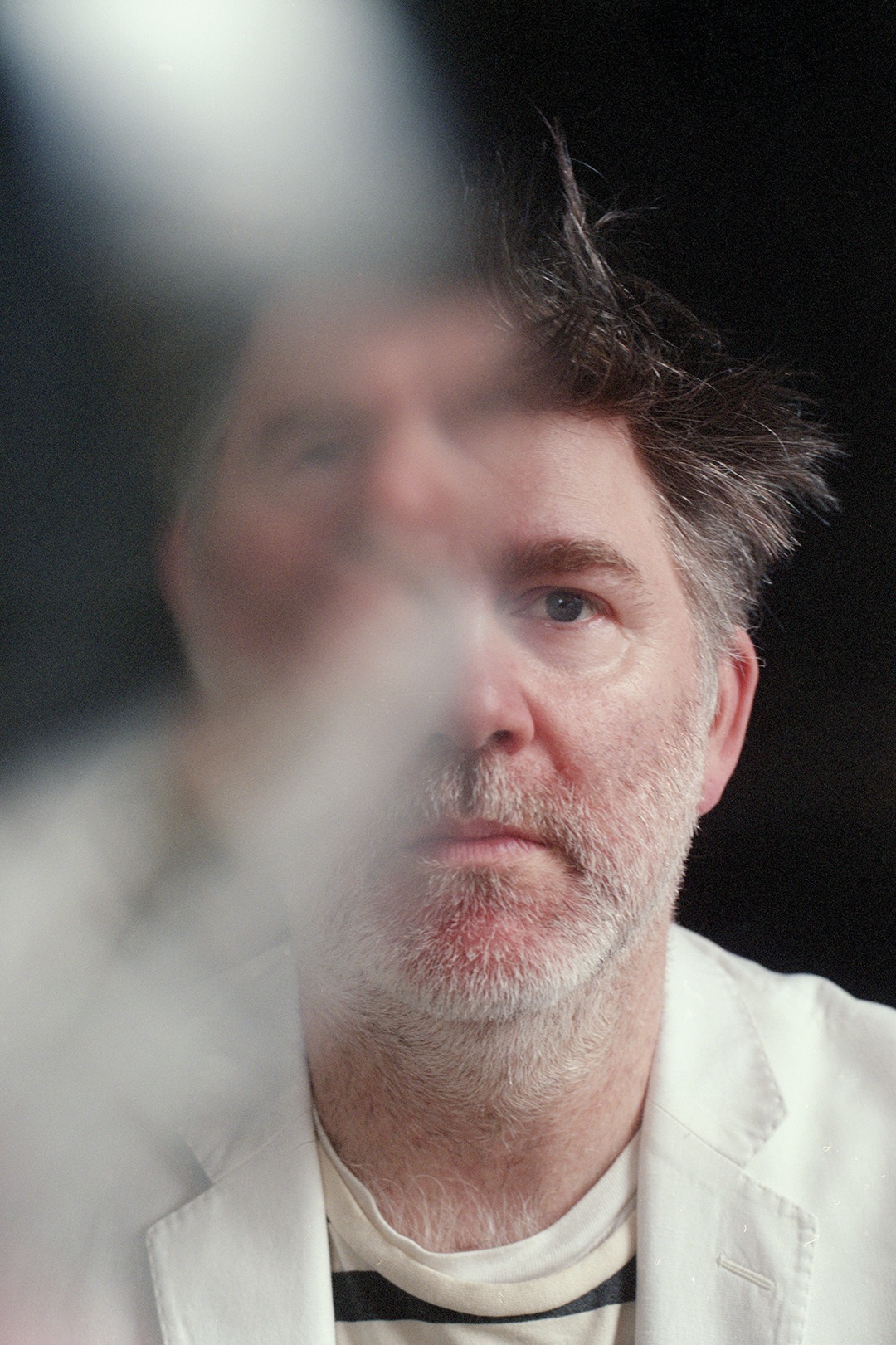
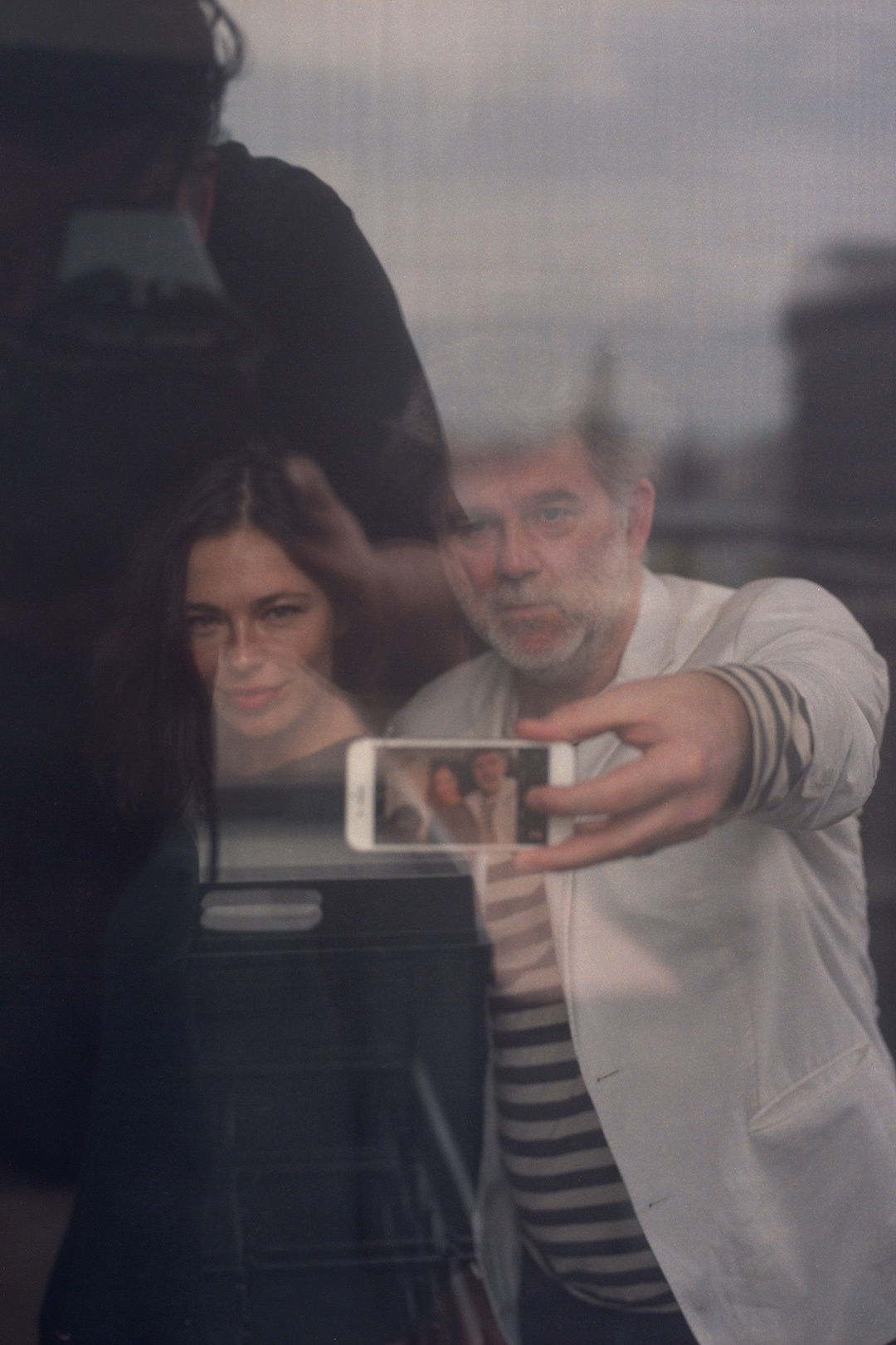
© Devin Blaskovich
JM: It’s a full on mutt. It’s fancy if it’s French and it’s Saxon if it’s not. Nerd shit! I’m sorry. [laughs]
NK: I love talking about languages. But back to techno. The word techno, for each individual, might mean something completely different. That’s what I meant by a problem of identity. It’s something that can be 10 different things at the same time.
JM: It’s like punk. All good words are like that.
NK: Well, but at least when you talk about punk, it doesn’t have this problem? Punk captured the vibe so perfectly. When you say punk, you know.
JM: But you miss the point if you say punk and exactly know. Because you have The Stooges, you have Jonathan Richman…
NK: But all these people have a central element that holds this word ‘punk.’ It’s this attitude in music, in people, in what they do. Isn’t it?
JM: Sort of. But they’d be incongruous to each other. Unrecognisable in one another.
– James Murphy
NK: Musically it could vary, but in terms of attitude in music, which I believe to be the most important thing. I think it’s identified pretty clearly. You wouldn’t miss it. You disagree?
JM: Oh yeah. When you think about someone like Jonathan Richman who is as punk as anything, he’s the sweetest, nicest, most gentle person. He’s almost like a classicist. He wrote songs like, ‘I want to live in the old world.’ Almost anti-punk. To me Kraftwerk is very punk. I thought it was punk when I was a little kid ’cause punk to me was anything that wasn’t normal. I think it was because I have such an intense relationship to punk. When somebody else says to you, ‘Well techno is…’ you understand it.
NK: That’s what I’m saying, I don’t think I could define it…
JM: Because you know it super well. Because you know it intuitively in your body. You can see the differences even if they’re discreet.
NK: Basically, when you look at the map in the last 35 years it’s all techno history for me. Detroit techno wouldn’t exist without Italo disco. Even though when you look at Italo disco and Detroit techno you might say what is the connection? But there’s a huge connection.
JM: But also you start out by saying what you don’t like.
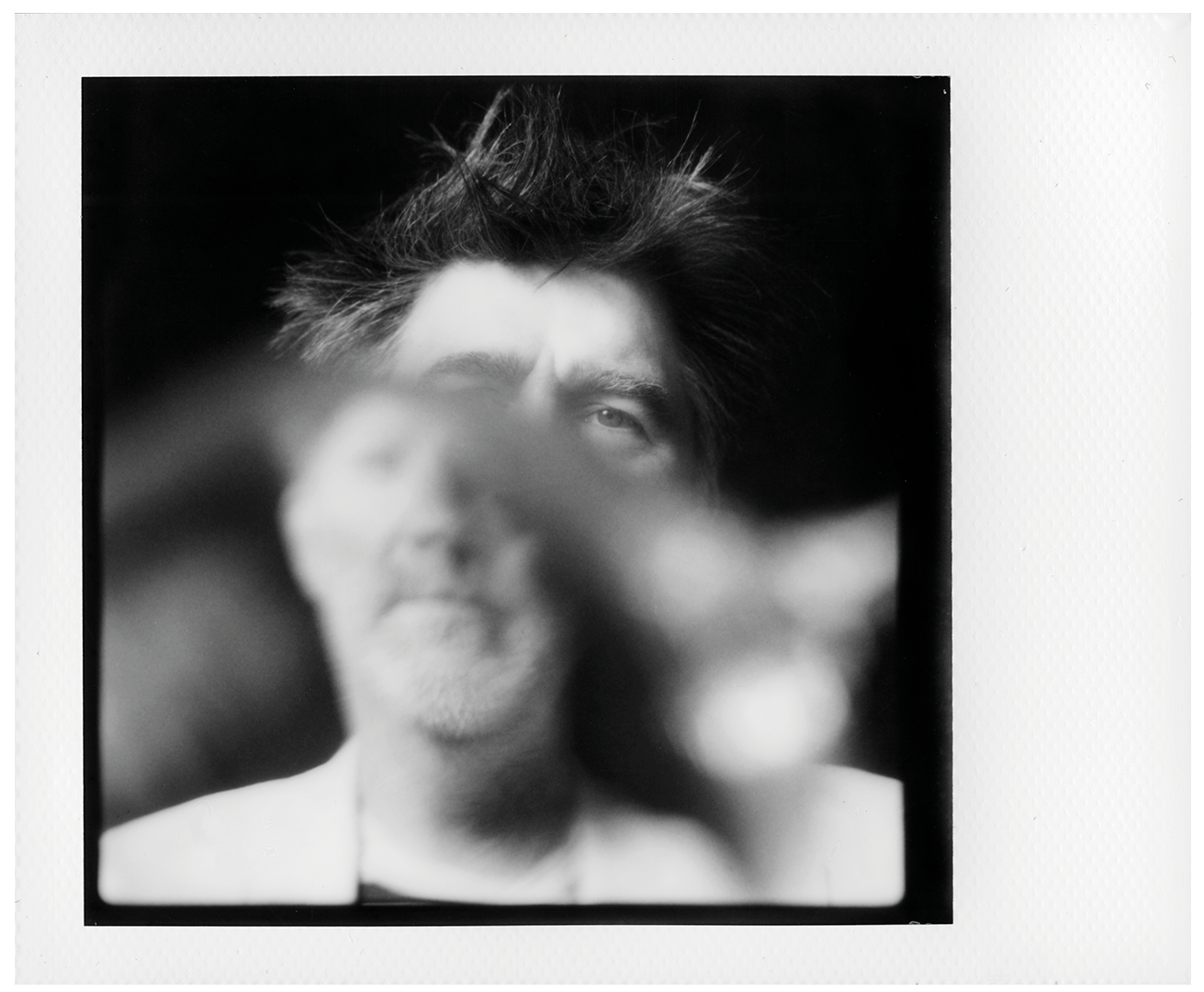
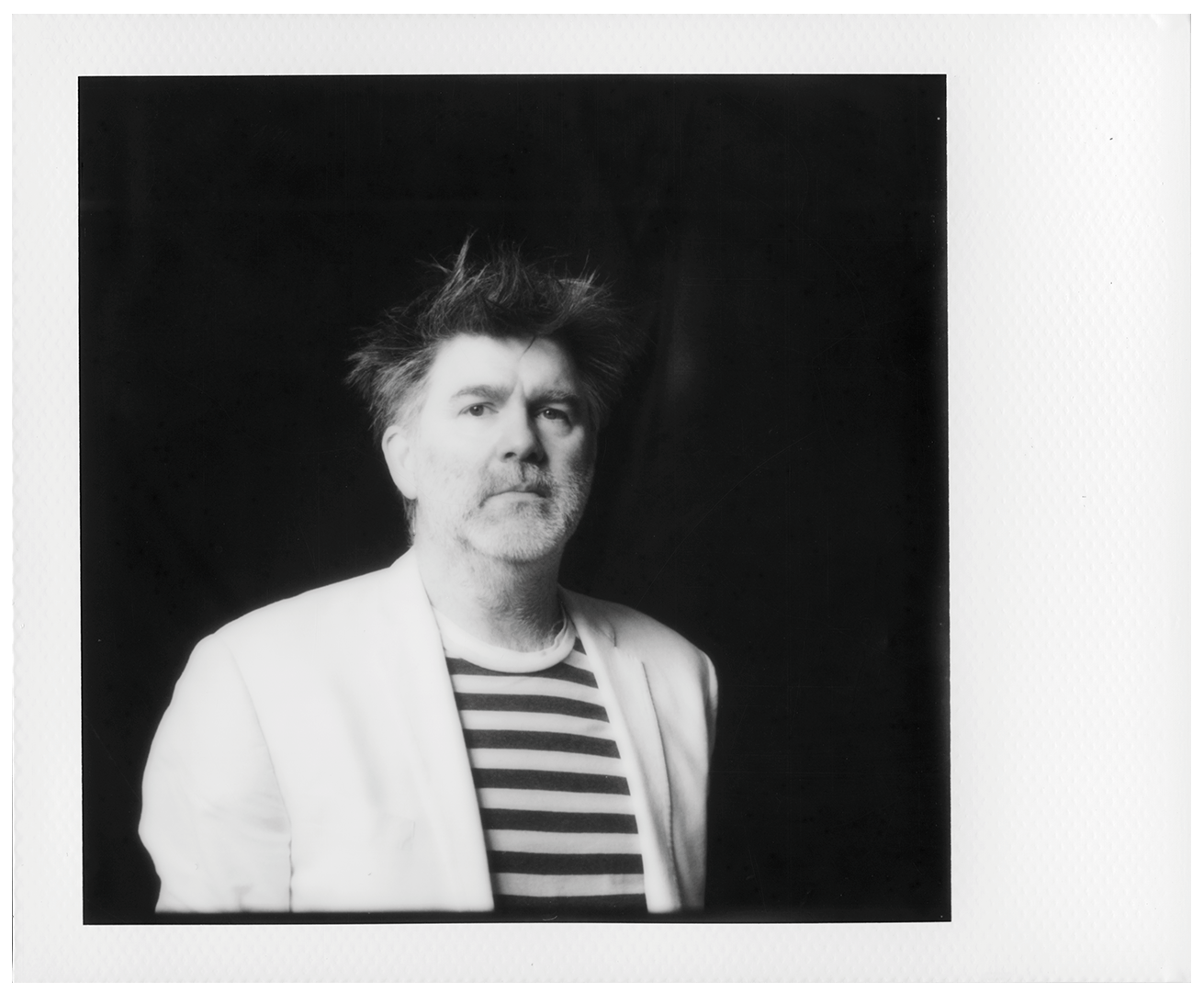
© Devin Blaskovich
Crack: That’s punk.
JM: Like that 16-year-old who wants to throw a bottle at me because I won’t play exactly what he came to see, I’m OK with that.
NK: At least it’s passionate.
JM: Exactly. Like, ‘Fuck, this is what I like and you’re not doing it and I’m pissed.’ I like both. There’s a great thing when you love music deeply and you can see all the interconnections. It’s the middle shit that’s fucking tough. The Vice Presidents. They’re neither the labourer nor the inventor. They’re just there to maintain borders and boundaries. Good! Now I feel better. I know who to hate. [laughs] Sorry I didn’t mean to go off!
NK: I feel like you have to have this attitude. You have to kind of be a tyrant as well. Otherwise you just stay still.
JM: Do you ever DJ and hate your tracks? Everything you play sounds wrong.
NK: Sure.
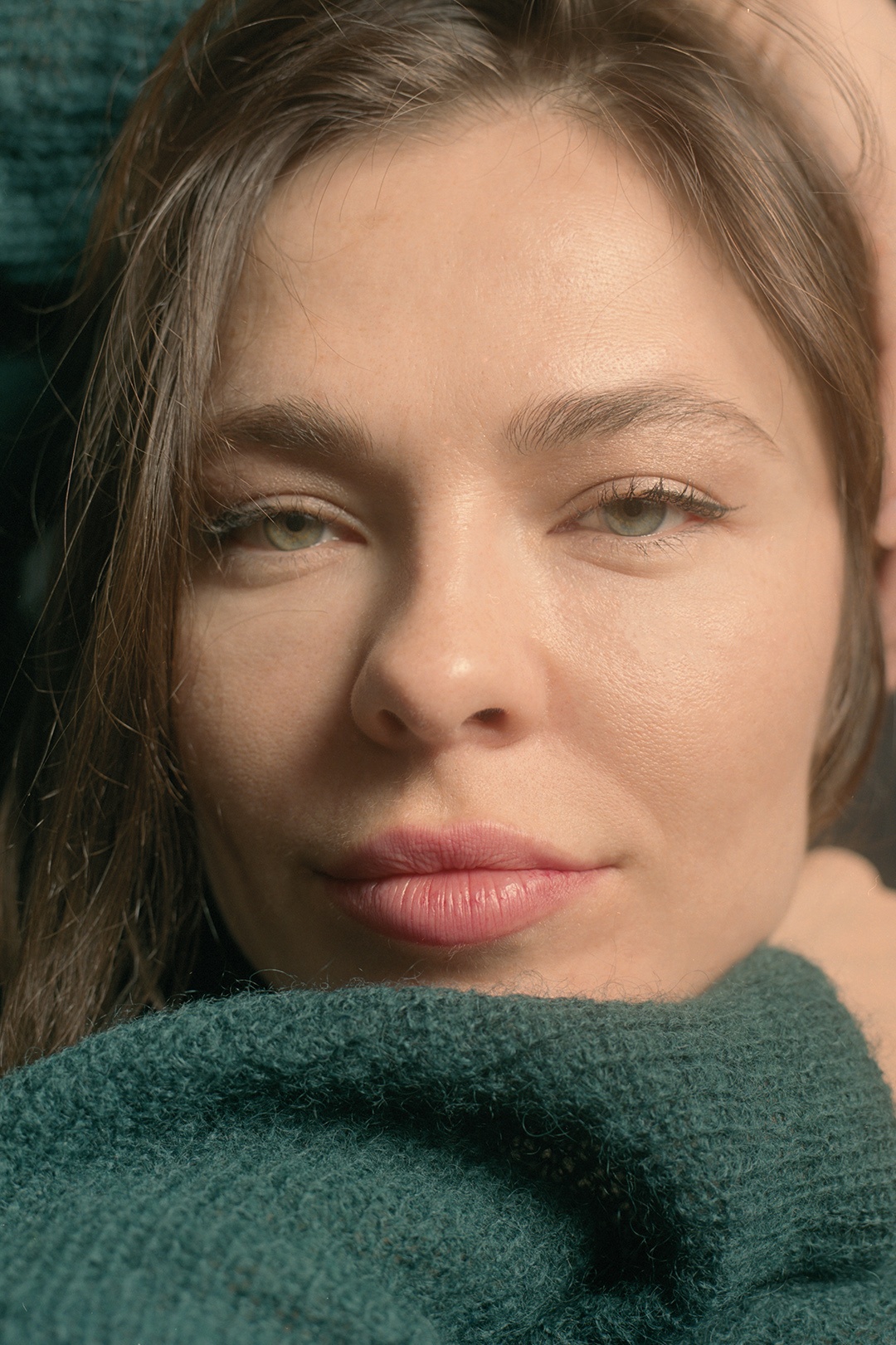
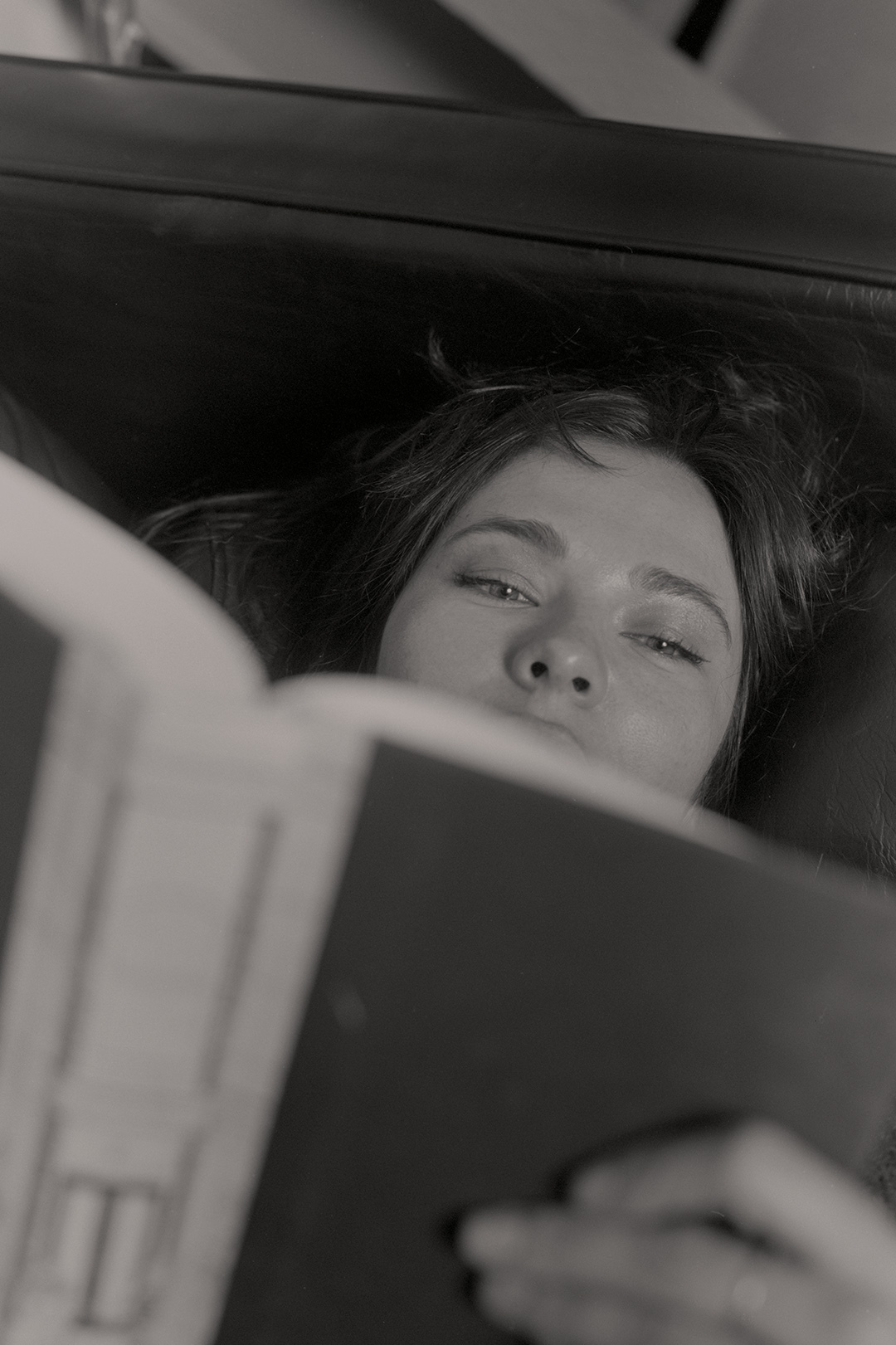
© Devin Blaskovich
JM: It’s the worst feeling in the world. Second easiest job in the world next to video game tester, ’cause a video game tester stays the fuck home. You have to go on a plane but otherwise it’s pretty easy. But once in a while you’re like, ‘I hate this record.’ You can almost hear with everybody else’s ears and they don’t like it. The only thing that gets you through that is being a little bit arrogant like, ‘No, this is fucking great and I’m going to get people on my side.’ You need a little bit of that tyrannical bent because otherwise you should just stay home because it’s so awful. Those nights happen and you’re just like, ‘This sounds bad and so does the next song I have.’
NK: What is the formula – if there is a formula – for when a party is good? I’m not talking size of the venue, who the people are on the dancefloor are… What makes a party a good party?
I’m still working on finding an answer but I think basically you need to be a leader. A good leader has enough power to push through their ideas but at the same time respects the people who they are empowered by, listens to their needs and converts them into something that belongs to everyone.
You can’t be like, ‘I’m going to play this track right now, you’re going to die of pleasure! Yeah!’ This show of muscle or whatever. Not going to work. This same thing works with expectations, when you want something too much. Like when you fall in love and you give them mythical qualities and then you get really upset when you don’t get what you want. It’s the same rule that works in any party.
You’re just basically resonating something that’s already there. All you need is to hear the right frequency. You are like a huge electrical system. You need to be this element that radiates what you receive.
JM: It’s feedback. You’re right. It’s confidence and it’s feedback. But also when it sounds bad that’s the worst. Good sound doesn’t make a party but bad sound can ruin a party. And bad lights.
NK: I just did this show at Coachella where I was doing something completely new. I was singing and playing instruments. It was my first show I did this way.
JM: Good to start with something small. [laughs]
NK: Yeah, talk about confidence. I was offered it by Coachella. I’ve always done songwriting, but some years ago when my album was released I did a few shows, and the last one was such a miss that I literally had a pain shock from this show. That was enough for me to refrain for six or seven years.


But then I just said, why not? So I’m standing up there and I’ve done half of my show already and it’s not going the way I thought it would and I’m thinking. The worst thing that can happen to an artist is thinking.
JM: Analysing. People wonder why musicians have drinking problems. But the worst feeling is thinking what’s going to work.
NK: There’s this moment in my show where I’m nervous. I even say this in the microphone: ‘I’m nervous, help me!’ At this point I danced and jumped on the carpet and started singing. I was really down and there were only two songs that were actually good because I reached the bottom of my expectations and I just thought, ‘Whatever.’ Once I let go and accepted it, the energy started flowing. I was sitting on the carpet, talking to people barefoot basically. I loved it. That was the best part of my show even though it came out of not a nice place. I was really…
JM: Terrified.
NK: It was too natural. That’s when people were like, ‘Yeah!’ It was great. It was very beautiful.’ So it’s always this balance.
JM: I don’t even put breaks in songs when I sing because I don’t want to have to stand there. [laughs] Seriously. I sing or play the drums the whole time because the second I just stand there I say, ‘Fuck, what do I do now?’
Photography: Devin Blaskovich
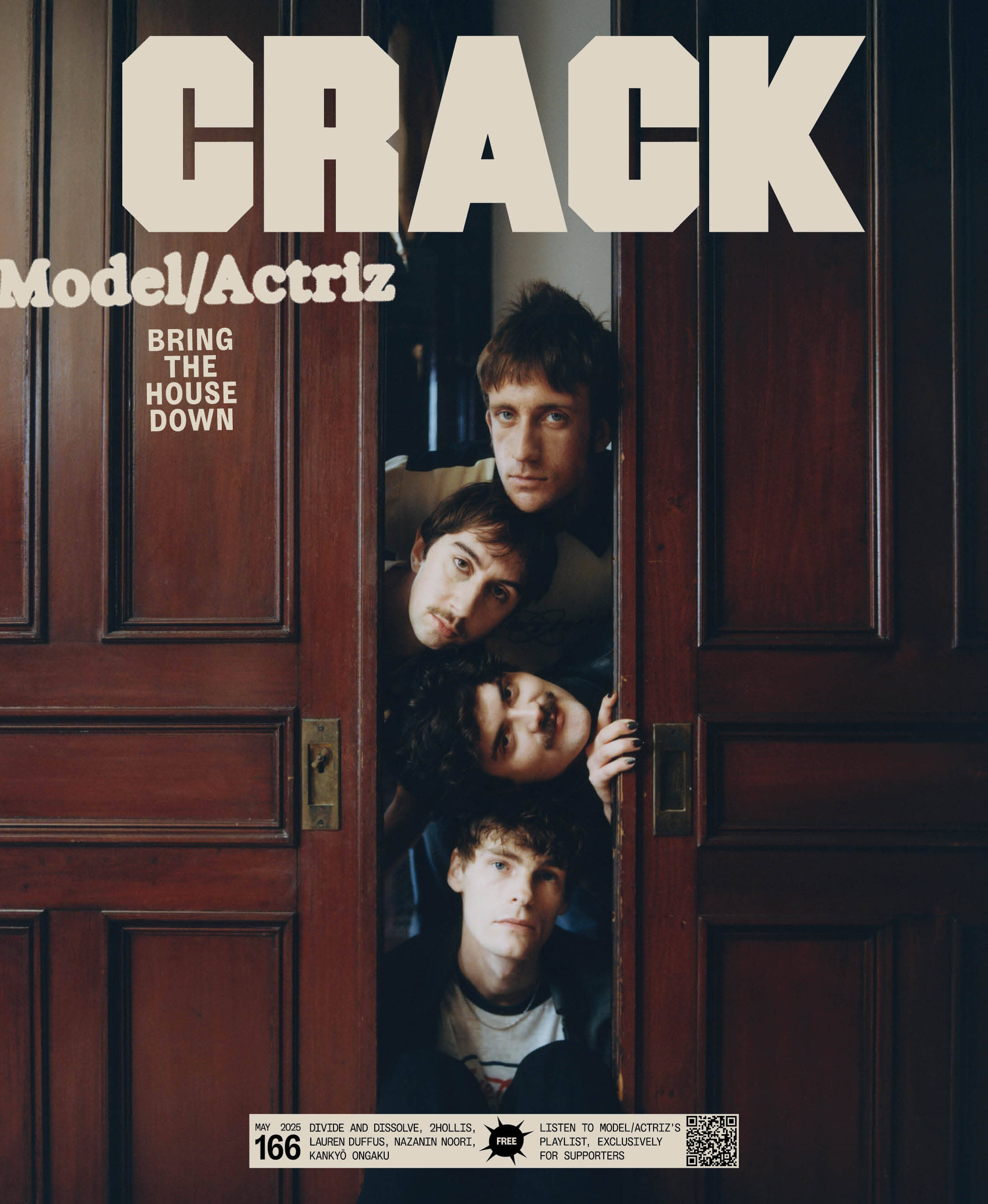



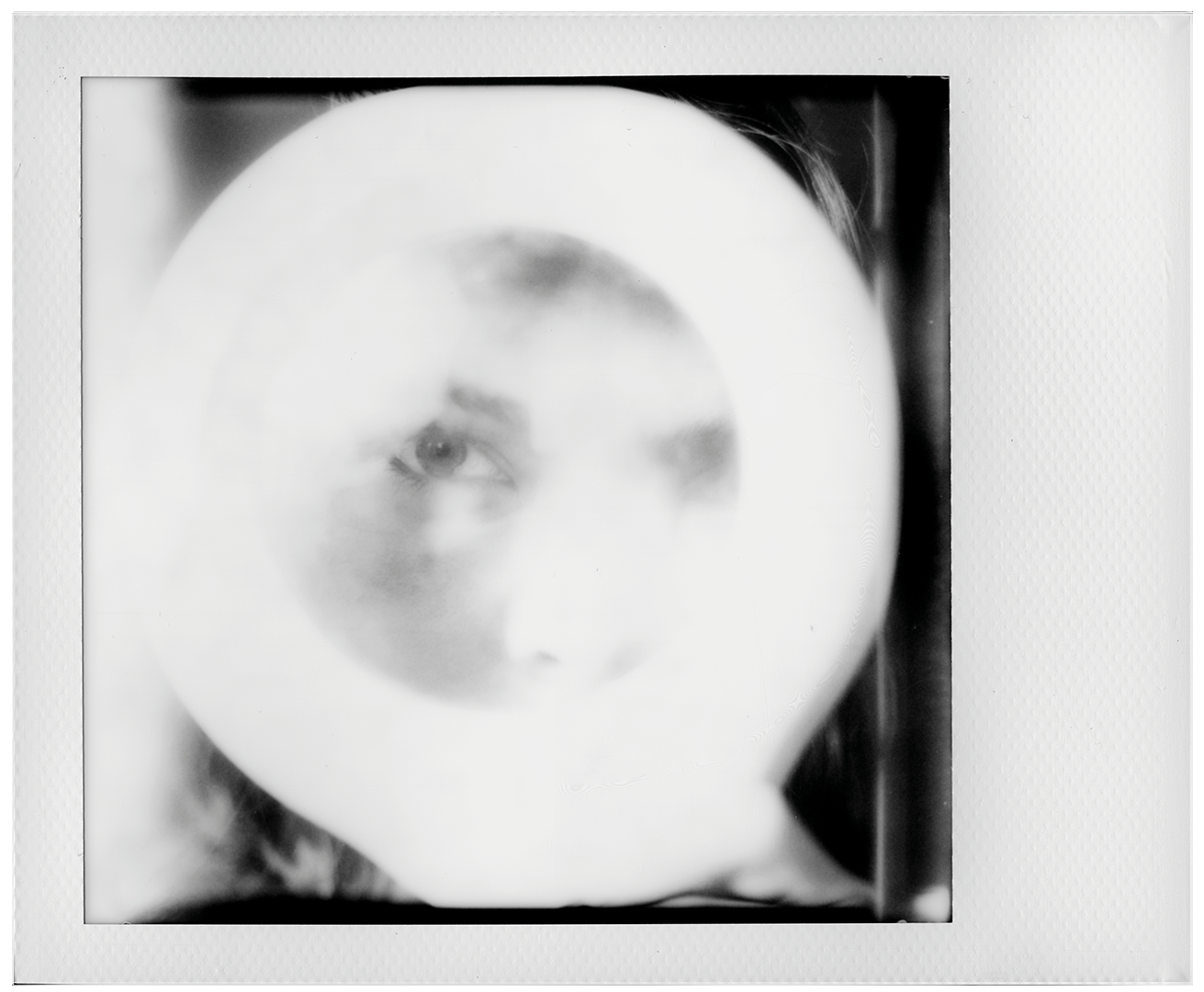

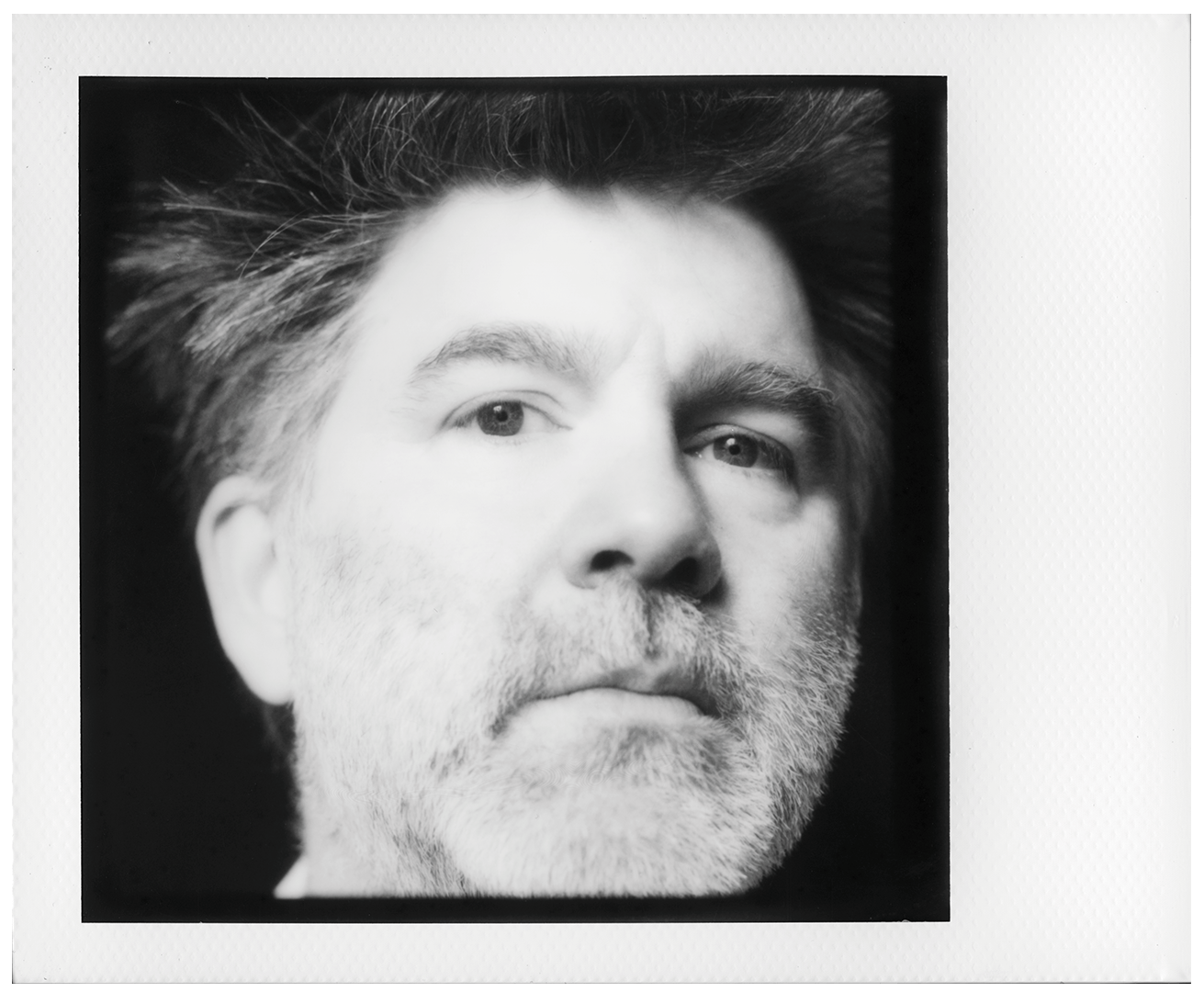
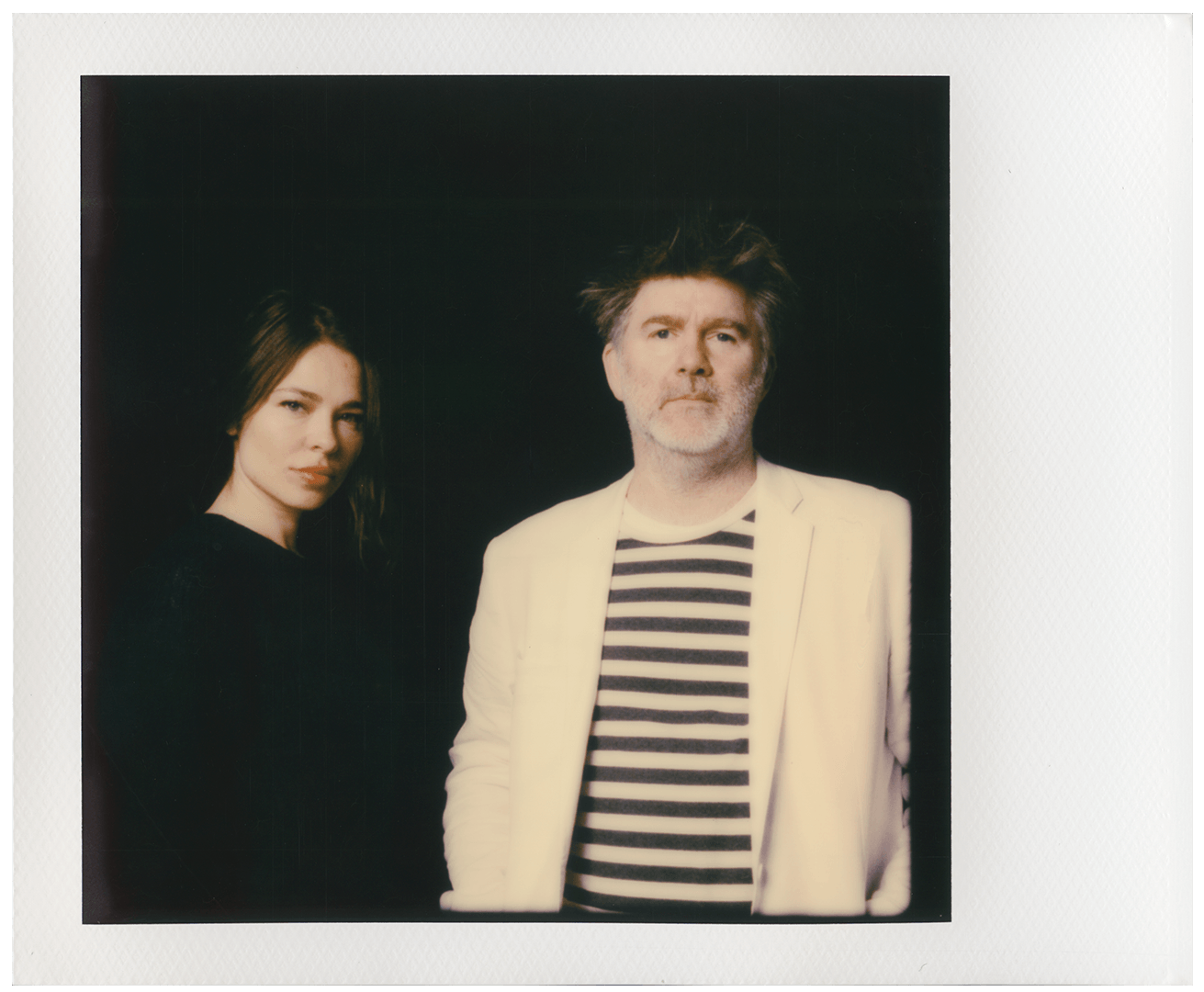
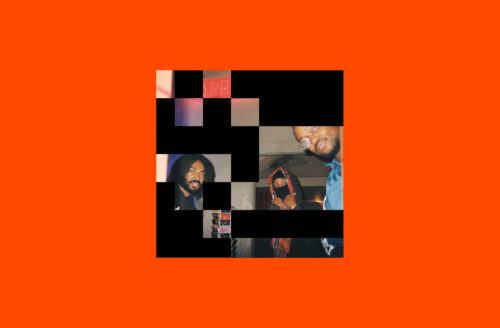
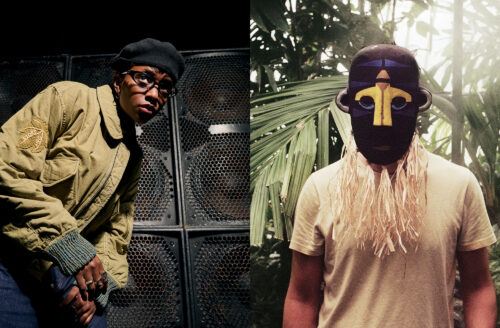
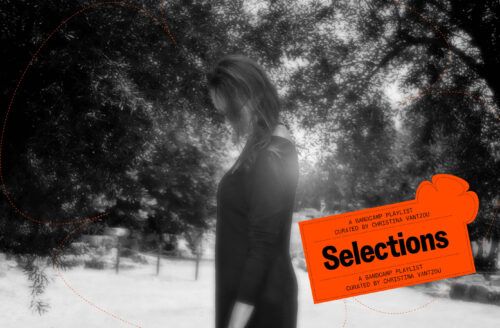
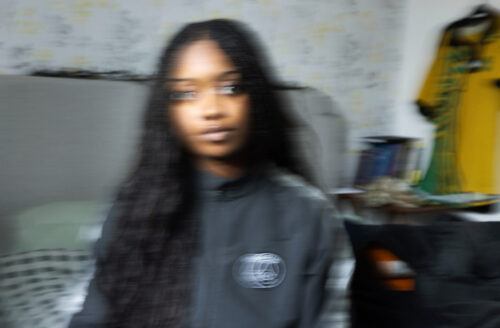
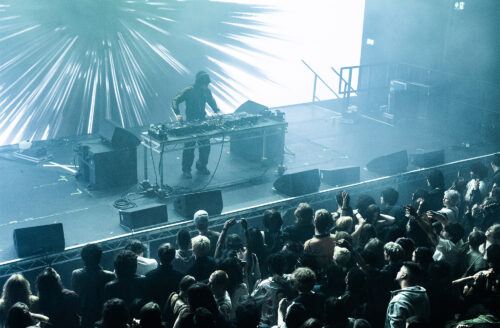

ADVERTISEMENTS